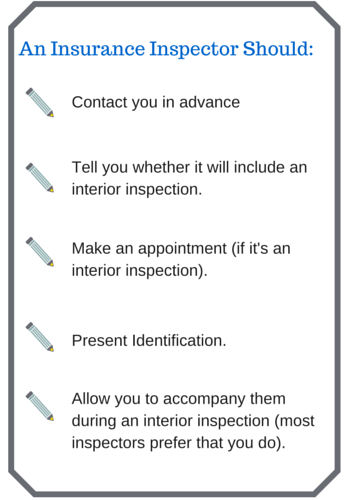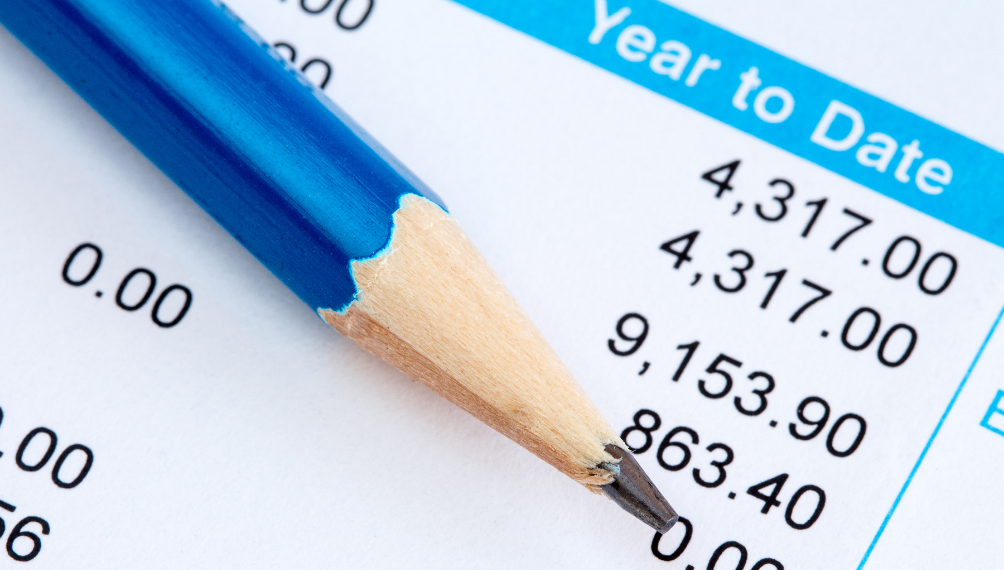General liability insurance is important for Maine businesses. If you operate a business in Maine, customers or the town may demand a certificate of insurance. This proves that you have general liability coverage. Some people think about liability insurance when they first start their business. However, others don’t think of it until someone asks for proof.

What Does General Liability Insurance Do?
GL insurance protects your business’ assets against lawsuits in four ways:
- Firstly, Bodily Injury caused by your actions, or that happen on your premises.
- Secondly, Property Damage that you cause to the property of others.
- Thirdly, Personal Injury, such as slander, libel or invasion of privacy.
- and finally, Products and Completed Operations Liability – in case your product or work harms someone or their property.
How Much Business Liability Insurance Do I Need?
Liability insurance protects your assets. Therefore, you should at least carry enough to protect the net worth of your business. Moreover, you may also need a certain limit of liability coverage to work for a certain client. For example, a $1 million per-occurrence limit is common. Higher limits are available, as are commercial umbrella policies, which provide even higher limits.
What General Liability Insurance Does NOT Protect Against
- Professional Liability, such as improper design, malpractice, errors or omissions. You need separate Maine professional liability insurance to get this coverage.
- Employment Practices Liability. This covers several HR-related perils. For example, wrongful termination, sexual harassment or employee benefits liability. You should purchase Maine Workers’ Compensation Insurance if you have these exposures.
- Auto Liability. You should purchase Maine commercial vehicle insurance if your company owns vehicles. Even if your company owns no vehicles, you should add Hired and Non-Owned Auto Liability coverage to your GL policy.
- Pollution Liability. If your business uses pollutants, you should purchase separate insurance for this.
How Much does General Liability Insurance Cost?
Rates vary, starting at a few hundred dollars a year. Yours will depend on many factors, including:
- Type of business or operation;
- Your revenues or payroll;
- How long you have been in operation;
- Personal qualifications and licenses;
- Prior claims;
- Whether you combine your business property insurance with your GL coverage.
Business Liability Insurance Questions?
Do you have Maine business liability insurance questions? Contact a Noyes Hall & Allen agent in South Portland at 207-799-5541 for prompt, professional answers. We offer a choice of many of Maines top business insurers. We also have access to dozens of specialty insurers. In other words, we can help you find the right fit for your organization and budget. Because we’re independent and committed to you.




